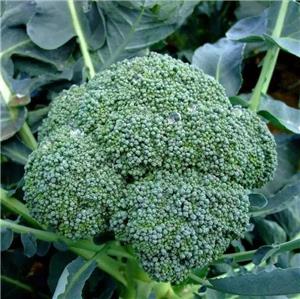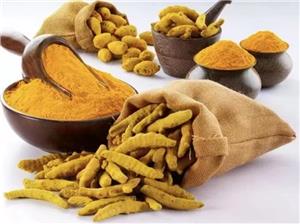-
2304-2021
Continued review of emerging evidence on AstraZeneca COVID-19 Vaccines
WHO is committed to updating its policy guidance whenever relevant new information has been obtained through the use of the vaccine in populations around the world and new results from clinical research.
-
1304-2021
US$ 1.4 trillion lost every year to tobacco use - New tobacco tax manual shows ways to save lives, money and build back better after COVID-19
WHO’s new technical manual on tobacco tax policy and administration shows countries ways to cut down on over US$1.4 trillion in health expenditures and lost productivity due to tobacco use worldwide.
-
1204-2021
COVAX reaches over 100 economies, 42 days after first international delivery
More than one hundred economies have received life-saving COVID-19 vaccines from COVAX, the global mechanism for equitable access to COVID-19 vaccines. The milestone comes 42 days after the first COVAX doses were shipped and delivered internationally, to Ghana on 24 February 2021.
-
0704-2021
WHO urges countries to build a fairer, healthier world post-COVID-19
COVID-19 has unfairly impacted some people more harshly than others, exacerbating existing inequities in health and welfare within and between countries. For World Health Day, 7 April 2021, WHO is therefore issuing five calls for urgent action to improve health for all people.
-
1210-2021
WHO’s 10 calls for climate action to assure sustained recovery from COVID-19
Countries must set ambitious national climate commitments if they are to sustain a healthy and green recovery from the COVID-19 pandemic. The WHO COP26 Special Report on Climate Change and Health, launched today, in the lead-up to the United Nations Climate Change Conference (COP26) in Glasgow, Scotland, spells out the global health community’s prescription for climate action based on a growing body of research that establishes the many and inseparable links between climate and health.
-
2909-2021
Papua New Guinea steps up efforts to eliminate lymphatic filariasis
MDA is needed to reduce infection in the community to levels below a threshold at which mosquitoes are unable to continue spreading the parasites from person to person, and new infections are prevented. WHO recommends the transmission assessment survey (TAS) to determine when infections have been reduced below these target thresholds and MDA can stop. Once MDA has stopped, TAS is used as a surveillance tool to determine that infection levels are sustained below target thresholds.
-
2809-2021
Safe abortion in the context of COVID-19: partnership, dialogue and digital innovation
As the pandemic continues to challenge health systems capacity for delivering essential services, International Safe Abortion Day is an opportunity to celebrate global efforts to protect ongoing provision of comprehensive abortion care.
-
2409-2021
On new recommendation for treatment of COVID-19 patients: WHO calls for equitable access to casirivimab and imdevimab for COVID-19
The World Health Organization (WHO) welcomes the addition of another therapeutic to the world’s arsenal against COVID-19, but urges producing companies and governments to address the high price and limited production of the Regeneron antibody combination and ensure safe and appropriate handling of the medicine.
-
2209-2021
WHO calls on world leaders at the UN General Assembly to focus on vaccine equity, pandemic preparedness, and getting the SDGs back on track
WHO is urging leaders attending the 76th session of the United Nations General Assembly (UNGA) to guarantee equitable access to COVID-19 vaccines and other life-saving tools; ensure the world is better prepared to respond to future pandemics; and renew efforts to achieve the Sustainable Development Goals (SDGs).
-
1609-2021
Leaders Make Urgent Call To Accelerate Vaccination Globally And In Africa
WHO Director-General Dr Tedros Adhanom Ghebreyesus and a group of global health leaders today issued an urgent call for vaccine equity globally and in Africa in particular. The leaders stressed that the worst pandemic in the last hundred years will not end unless and until, there is genuine global cooperation on vaccine supply and access. They also reiterated the WHO’s global vaccination target for 70% of the population of all countries to be vaccinated by mid- 2022.




